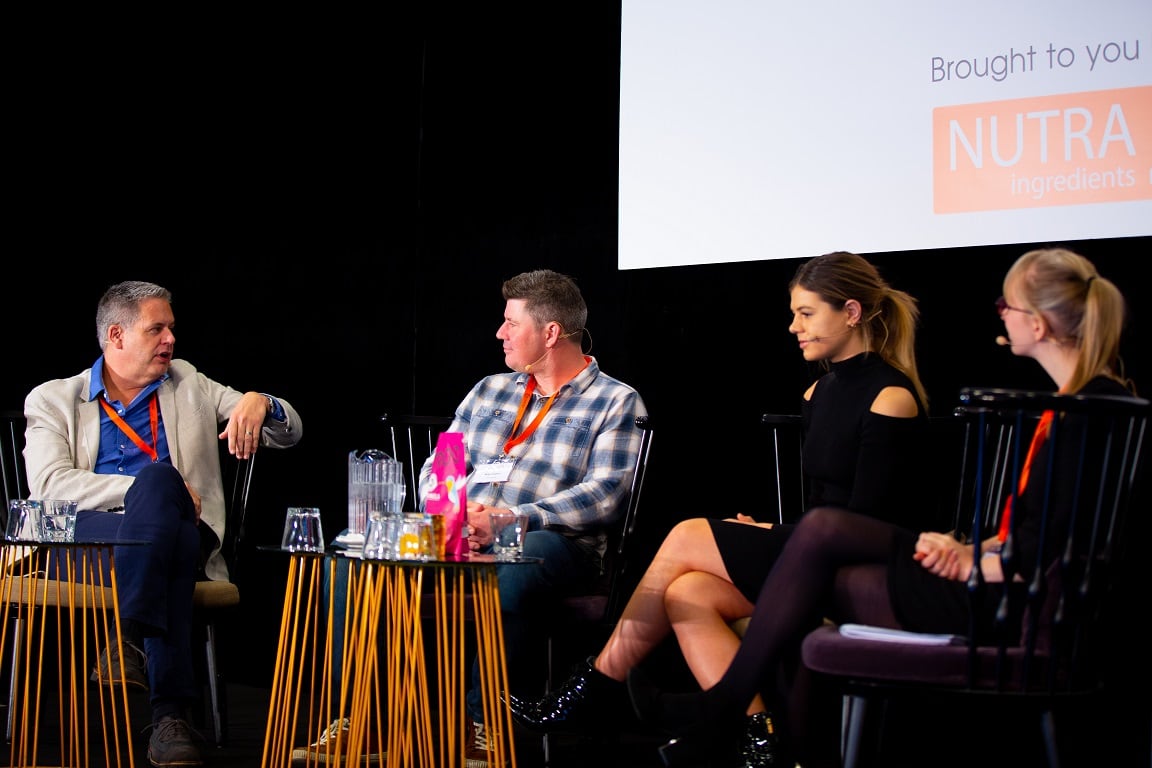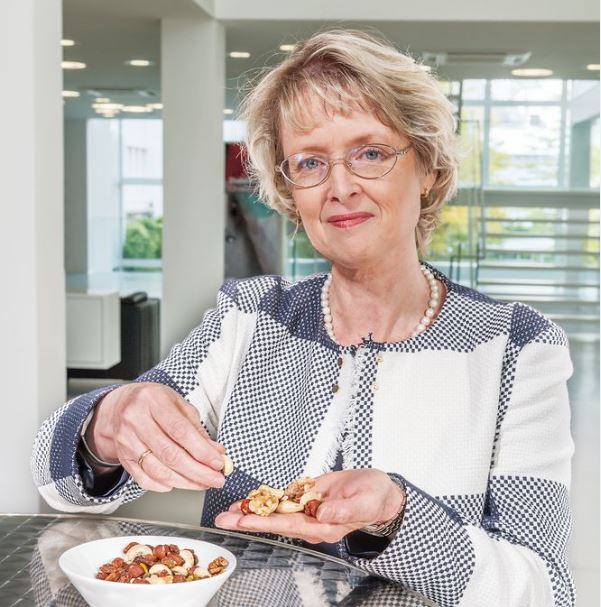A survey from higher education provider ION discovered that 45% of Brits say nutrition impacts their health and 33% identify that nutrition effects mental health. But, according to ION, there is a big knowledge-gap when it comes to understanding what actually constitutes a healthy diet.
Of the 2000-plus people surveyed, 49% of people want to have a ‘better understanding’ of nutrition and 26% admitted finding nutritional advice ‘confusing and conflicting’.
For many, social media has come to frame nutrition guidance - 21% of those quizzed said they turn to social media for advice on nutrition.
“With the internet and the media providing such large amounts of conflicting and deceptive nutrition advice, it is unsurprising that so many fail at maintaining a healthier lifestyle,” ION warned.
This is important for the food sector because confusing and inaccurate advice not only results in people adopting less healthy lifestyles, it also threatens to undermine trust in the food system.
ION lecturer and nutritionist Mike Murphy debunks some common diet myths, from our understanding of fats to meat and salt consumption. Watch the video to find out his top picks.



